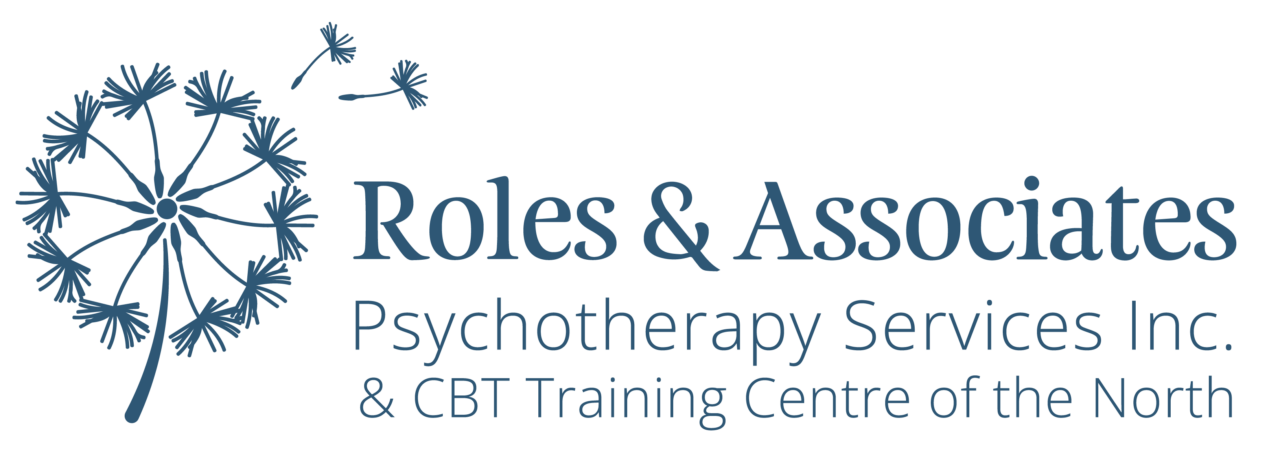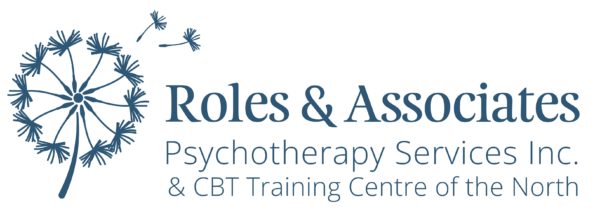Infertility, Pregnancy, Childfree Living, and Postpartum Mental Health
Experiencing loss as a parent is unique, though 1 in 4 pregnancies end in loss and many may never experience pregnancy at all, either by choice or not. As a society, we do not often speak about these topics or provide opportunities for these individuals to mourn or process their decisions. Pregnancy, child-free living, abortion, child loss, and postpartum factors may bring about a degree of uncertainty, discomfort, and emotional and physical distress. Changes to basic necessities and life events such as sleep, vocation/work, and routine are also common and can leave some with a sense of disillusionment.
The experience of loss or parenthood shifts an individual's sense of self and these transitions can bring about distress in the form of anxiety or depression. When you have experienced pregnancy loss perhaps from infertility, a miscarriage, stillbirth, infant loss, or if you struggle with infertility, feelings of not fitting in due to childfree living, perinatal or postpartum mental health challenges, these experiences can be painful, isolating, and/or overwhelming.
Many of these topics remain under-discussed and stigmatized making it more difficult to find the right supportive space to talk openly about these types of experiences. Finding a therapist that is the right working fit for each client, where they can be supported through a nonjudgmental, empathetic, and positive regard can allow the client to process their emotions which is an important step in the healing process.
For some, it is the type of loss family, friends, and a community may understand a little more readily, such as the loss of an infant. For others, perhaps grieving the loss of identity (common with new moms and parents), or the loss of a goal to be a biological parent (infertility), are not as commonly understood. The loneliness that comes with either being a new parent and experiencing postpartum anxiety or depression and the loneliness experienced by those grieving deserve comfort and support. Each of these experiences, whether it is infertility, postpartum mental health challenges, or infant loss, is unique and deserves recognition for how it can impact one’s identity, sense of enjoyment in their life, as well as the potential strain on romantic relationships. Our team of therapists is keen to help clients understand the depth to which these experiences are felt, how they impact each individual, and how to support clients in finding meaning that resonates with them in life again.
Some of these experiences are heightened by physiological changes in the body, such as spikes in hormones, weight loss or gain, or chronic pain, which can further put stress on one’s mental health. We consider these as we treat them from a holistic perspective, understanding how the body and mind are linked. Clients who have experienced pregnancy, or who are facing challenges in achieving pregnancy and have chosen to explore processes such as IVF, may be impacted by hormones and physiological changes which can alter mood, appetite, and quality of sleep. No two pregnancies are the same and we recognize that environmental factors such as stressors in the home, workplace, and personal relationships can have a significant impact on the healing process.
For those living child-free, our team recognizes the judgment individuals may experience from others, whether not having children was a choice or not. Women in particular experience a disproportionate amount of pressure, whether from their family, friends, romantic partners, culture, or society in general, to have children. There is a phrase in French, raison d’etre, that refers to a person’s reason for being, literally translated. Each individual will have a different raison d’etre from the next. For some, it may be children, for others, career, or inner peace, and these reasons can change at differing points in an individual's life. Psychotherapy can help support clients in discovering what theirs is, and how to pursue it. We are here for you.

Approaches to Therapy Treating Infertility, Pregnancy, Childfree Living, and Postpartum Mental Health
For individuals and couples who are dealing with these difficult matters, we provide support and healing for grief, depression, and anxiety using the following therapy methods.
Acceptance and commitment therapy (ACT) is an action-focused therapy approach where clients learn to accept their emotions and feelings rather than deny or avoid them. They also learn to accept their difficulties and needs as well as work on behavioural changes.
Brainspotting therapy™ (BSP) is a therapeutic process that uses specific points in the client’s visual field to access unprocessed trauma in the subcortical brain. BSP uses relevant eye positions, somatic awareness, focused mindfulness, and the therapist’s attunement to process and release the stored traumas which underlie a wide range of emotional and physical problems. It is a brain-body-based treatment that integrates well with other types of therapies. Often brainspotting is used in conjunction with bilateral sound - music or nature sounds that move back and forth between right and left ears, which balances activation of the right and left brain hemispheres and activates the parasympathetic, or calming, part of the nervous system. Brainspotting therapy was developed in 2003 by Dr. David Grand, an EMDR therapist and relational analyst.
Cognitive behavioural therapy (CBT) is a goal-oriented type of therapy that teaches the client how to first recognize and then change unhealthy ways of thinking and behaving. With the use of in-session practice and homework of skills to work on between sessions, this treatment is tailored to fit the client's goals and is a highly evidence-based collaborative psychotherapy.
Compassion focused therapy (CFT) is a type of psychotherapy that encourages individuals to be compassionate toward others as well as themselves. This type of therapy is primarily used for clients that struggle with self-criticism and self-contempt. CFT often includes exercises to practice mindfulness and appreciation. Sessions focus on examining the ways we talk to ourselves, where we might have first developed the particular tone and word choices used, and how we can make changes to how we speak to ourselves to increase self-compassion and appreciation.
It is the nature of the mind to be made up of subpersonalities or parts. Subpersonalities are aspects of our personality that interact internally, similar to the ways in which people interact. These sub-personalities can consist of wounded parts and painful emotions such as anger and shame. Underlying the parts is a person’s core or true Self. The Self can and should lead the individual's internal system.
Internal Family Systems (IFS) therapy helps individuals achieve balance and harmony within their internal system and subpersonalities/parts.
Using IFS, the clinician will support individuals in developing their Self so it can be an effective leader in their internal system. When the Self is in the lead, the parts will provide input to the Self and help to elevate “wounds” so that individuals can find their natural balance. IFS is suitable for individuals, couples, and families, and it can effectively treat a variety of conditions such as depression, anxiety, panic, phobias, trauma, substance use, physical health conditions, and general well-being.
Meaning therapy belongs to the humanistic-existential tradition, which emphasizes the importance of addressing existential anxieties and the human needs for meaning and authenticity. According to Frankl (1986) who developed logotherapy aka meaning therapy, three factors characterize human existence: spirituality, freedom, and responsibility. In meaning therapy we focus on the human responsibility to live meaningfully and purposefully in every situation on a daily basis in order to become what they are meant to be.
Psychodynamic psychotherapy is the oldest of the modern therapies and focuses on unconscious processes as they are manifested in the client's present behaviour. The goals of psychodynamic therapy are client self-awareness and understanding of the influence of their past on their present behaviour.
Brief psychodynamic psychotherapy enables the client to examine unresolved conflicts and symptoms that arise from past relationships and manifest themselves in their day to day life as current struggles.
Several different approaches to brief psychodynamic psychotherapy have evolved from psychoanalytic theory and have been used to treat many different mental health presentations.
As the name suggests, solution-focused brief therapy (SFBT) is a short-term goal-focused therapeutic approach largely geared towards discussing solutions. There is a brief need for discussion around the problem to examine what it is and explore potential opportunities to address it, but that is not the primary focus of this approach. This approach is rooted in the here and now, with an identified future-oriented goal involving lessening the negative impacts the identified problem has in your life.
The goal of SFBT is to collaboratively identify realistic solutions in as brief of a timeline as possible. SFBT is a versatile approach that can be used in areas such as individual, couples, or family therapy addressing anywhere from high stress life events to normal life stressors.
Contact Form
To request an appointment, please fill out your information using our secure form below and we will be in touch shortly. For more information, please contact us by phone or email: 705-929-1612 ext.6, [email protected].

